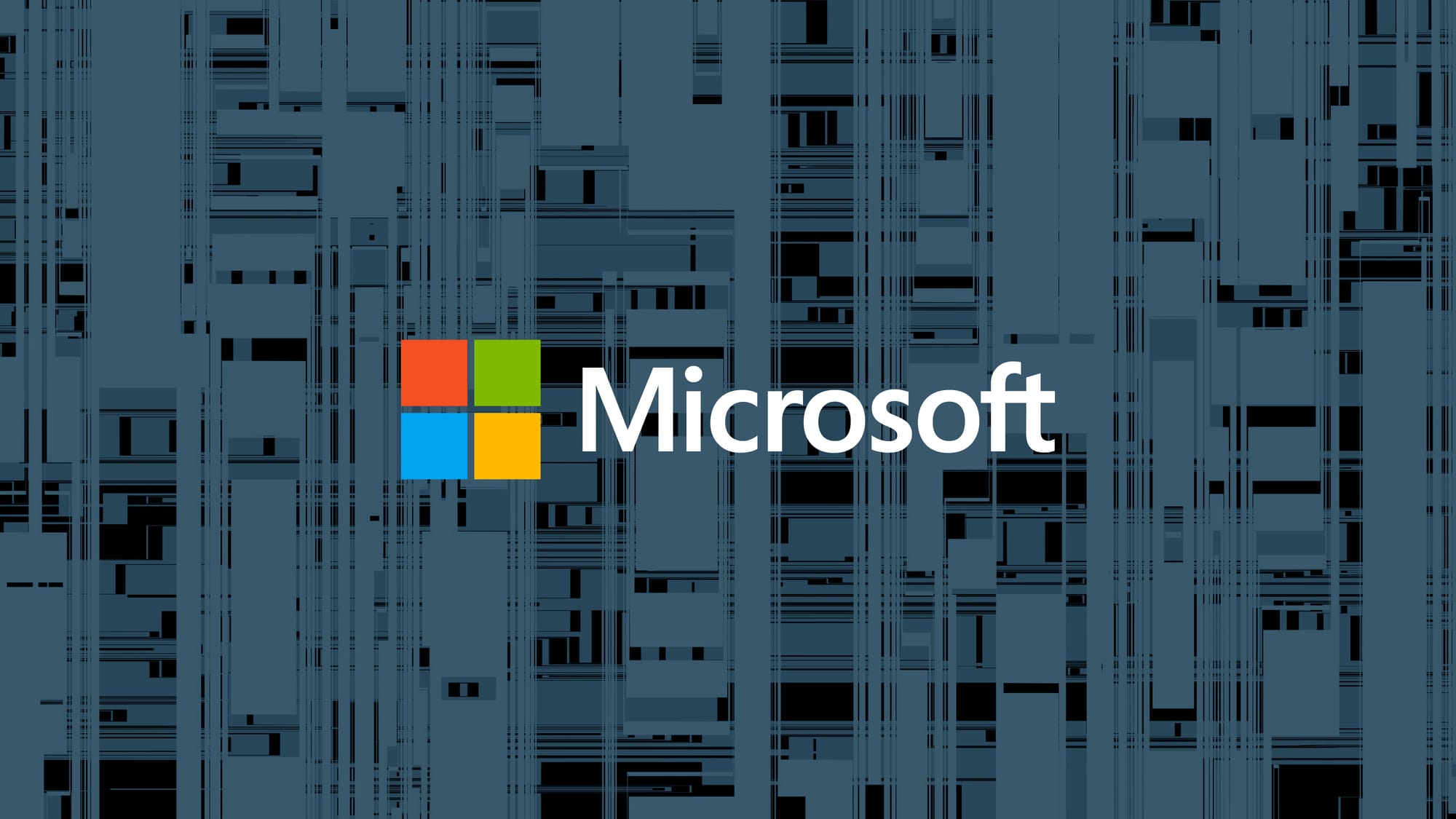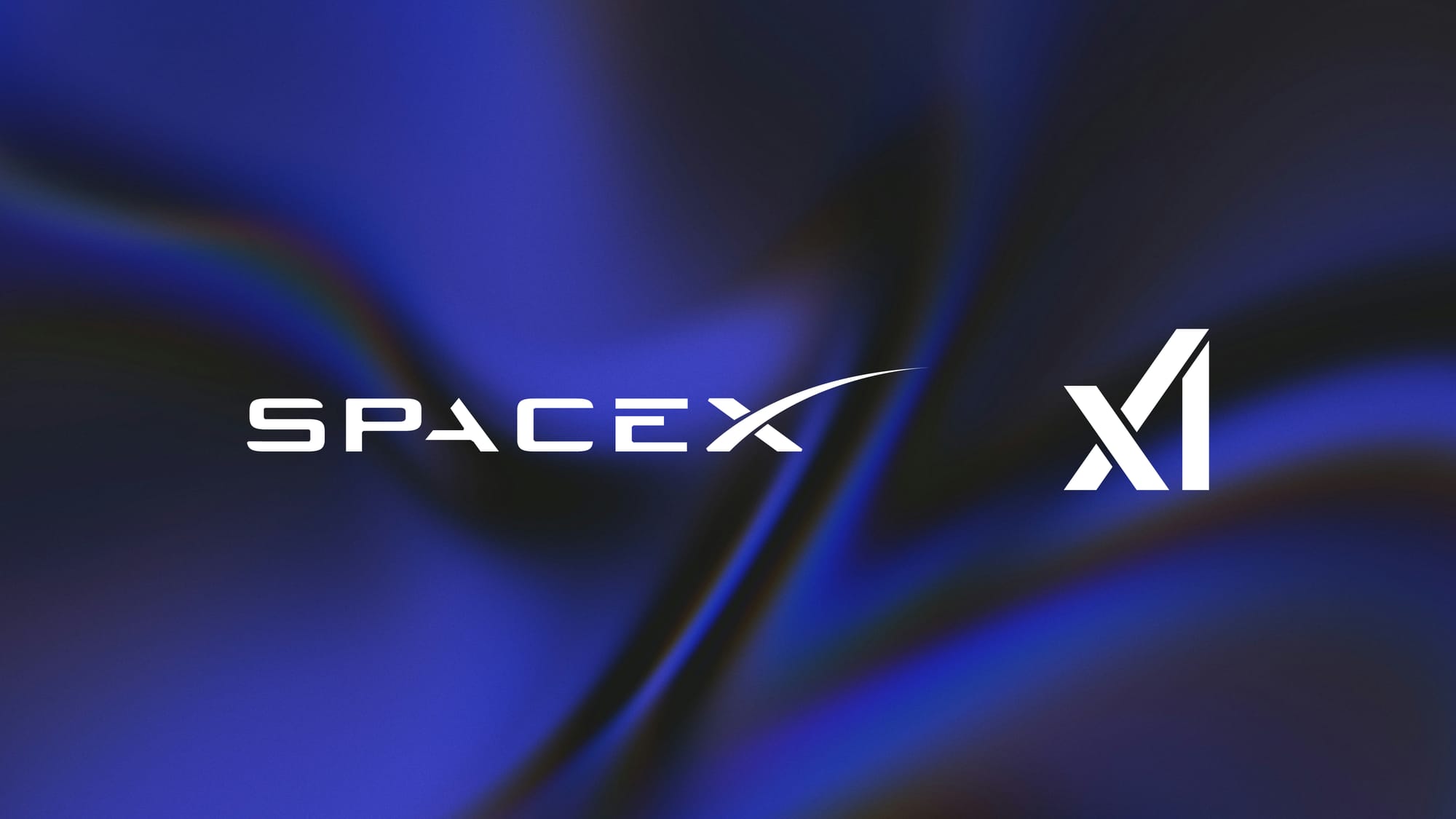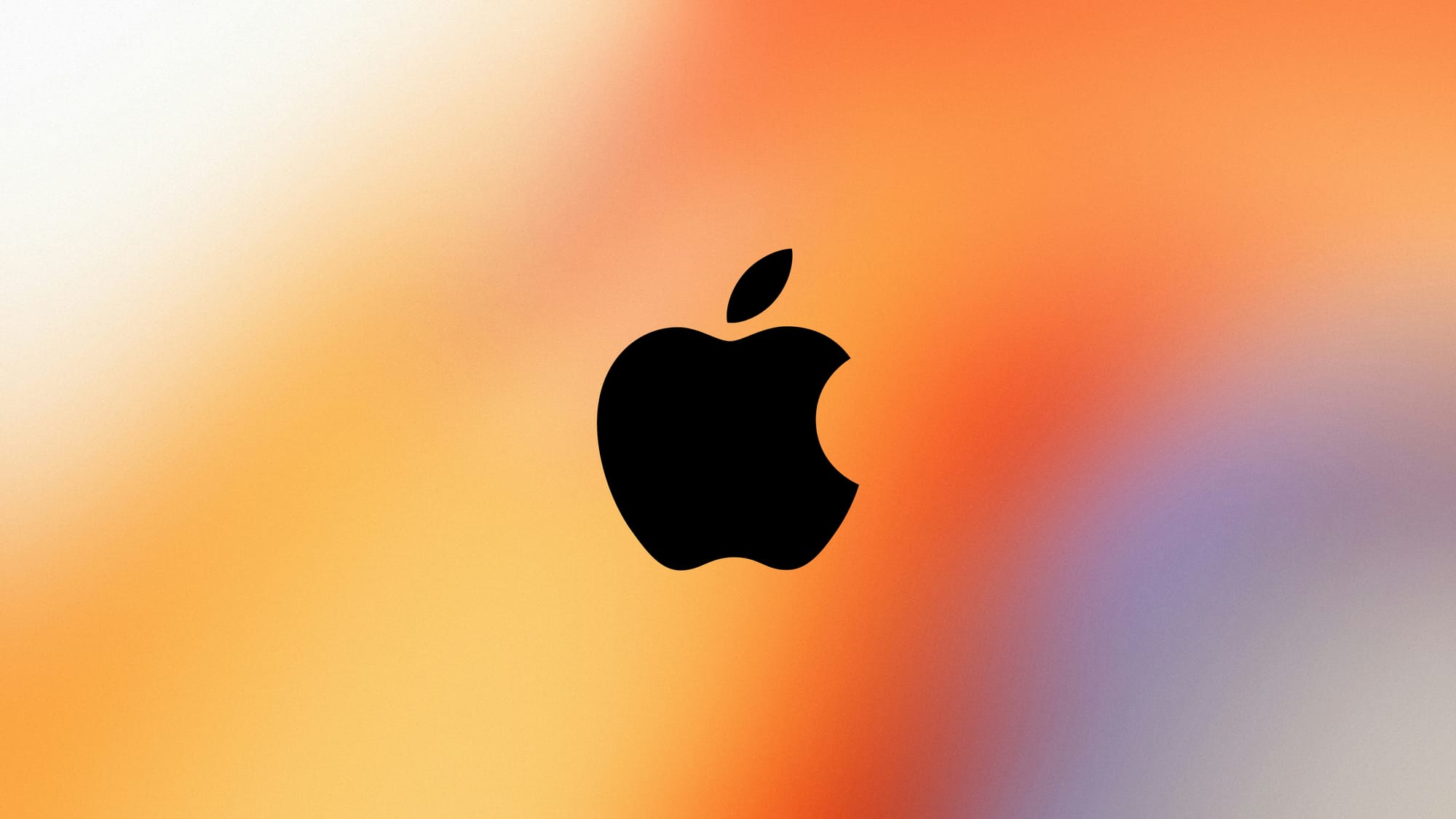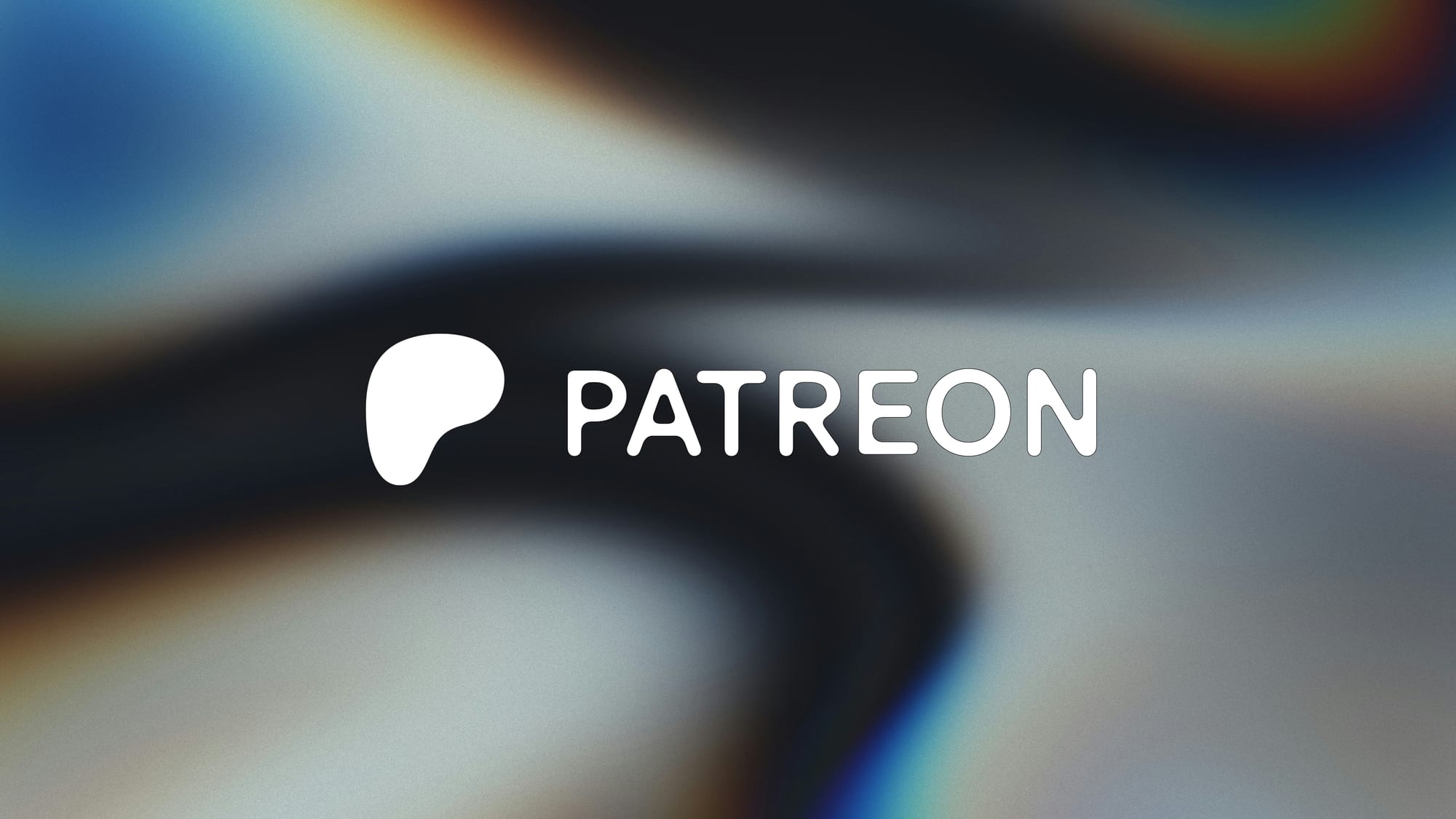Microsoft is pioneering a groundbreaking shift in the artificial intelligence landscape by developing the first-of-its-kind AI marketplace designed to compensate publishers for content used by AI systems. This innovative two-sided marketplace represents a seismic change in how publishers monetize their content while addressing long-standing concerns about AI companies using creative works without compensation.
A First-Mover Advantage in Content Compensation
The tech giant is currently in discussions with select U.S. publishers about launching a pilot program for what's being called the "Publisher Content Marketplace". Unlike traditional AI companies that have faced criticism for using published content without permission or payment, Microsoft's approach creates a structured system that allows AI product makers to license content legally. Simultaneously, publishers receive fair compensation for their intellectual property.
This marketplace model addresses what industry experts refer to as the "chicken-and-egg problem" that has plagued publisher-AI relationships. Publishers have been reluctant to allow AI access to their content without compensation, while AI companies have struggled to secure high-quality training data legally. Microsoft's solution creates a balanced ecosystem where both sides benefit from structured partnerships rather than contentious legal battles.
Beyond Training Data: The Future of Content Licensing
The marketplace extends far beyond simple training data licensing, incorporating what industry professionals refer to as "grounding" licensing—more dynamic, usage-based models that compensate publishers based on how frequently their content is referenced or cited in AI responses. This represents a significant evolution from one-time licensing fees to ongoing revenue streams tied to actual usage patterns.
According to recent research, AI content licensing platforms are enabling publishers to diversify their revenue models through citation-based payments, usage-based licensing agreements, and exclusive content partnerships. Publishers can now monetize their existing content through "training data licensing with ongoing royalty agreements" and "real-time content APIs," which provide live content feeds to AI platforms.
Competitive Positioning in the AI Arms Race
Microsoft's marketplace initiative positions the company strategically against competitors like Google and OpenAI, who have primarily relied on scraping publicly available content or negotiating individual licensing deals. By creating a centralized platform that allows publishers to maintain control over their intellectual property rights while enabling AI companies to access premium content legally, Microsoft differentiates itself as the partner-friendly option in the AI ecosystem.
The timing coincides with Microsoft's broader investments in AI infrastructure, including Azure AI services that already empower content creators with automated content generation and intelligent editing tools. This marketplace represents a natural extension of Microsoft's commitment to supporting both content creators and AI developers through its comprehensive technology stack.
Transforming Publisher Economics
For publishers struggling with declining traffic due to AI-powered search and content generation, this marketplace offers a crucial lifeline. Rather than viewing AI as a threat to traditional advertising revenue models, publishers can now participate directly in the AI economy through structured partnerships that provide "attribution-based revenue" and "per-citation payment models".
Industry analysis indicates that successful publishers are already generating 20-35% of their revenue from non-traditional sources, including licensing agreements and premium services. Microsoft's marketplace could accelerate this trend by providing a standardized platform for content monetization that doesn't depend on driving users to publisher websites.
The marketplace also addresses quality concerns that have plagued AI training data. By partnering with established publishers that maintain high editorial standards, AI companies gain access to authoritative, fact-checked content, while publishers receive recognition and compensation for their expertise.
Microsoft's AI marketplace represents more than just a new revenue stream—it's a fundamental reimagining of the relationship between content creators and artificial intelligence. By creating a structured, mutually beneficial ecosystem, Microsoft is positioning itself as the leader in ethical AI development while providing publishers with sustainable revenue models for the digital age.














Discussion